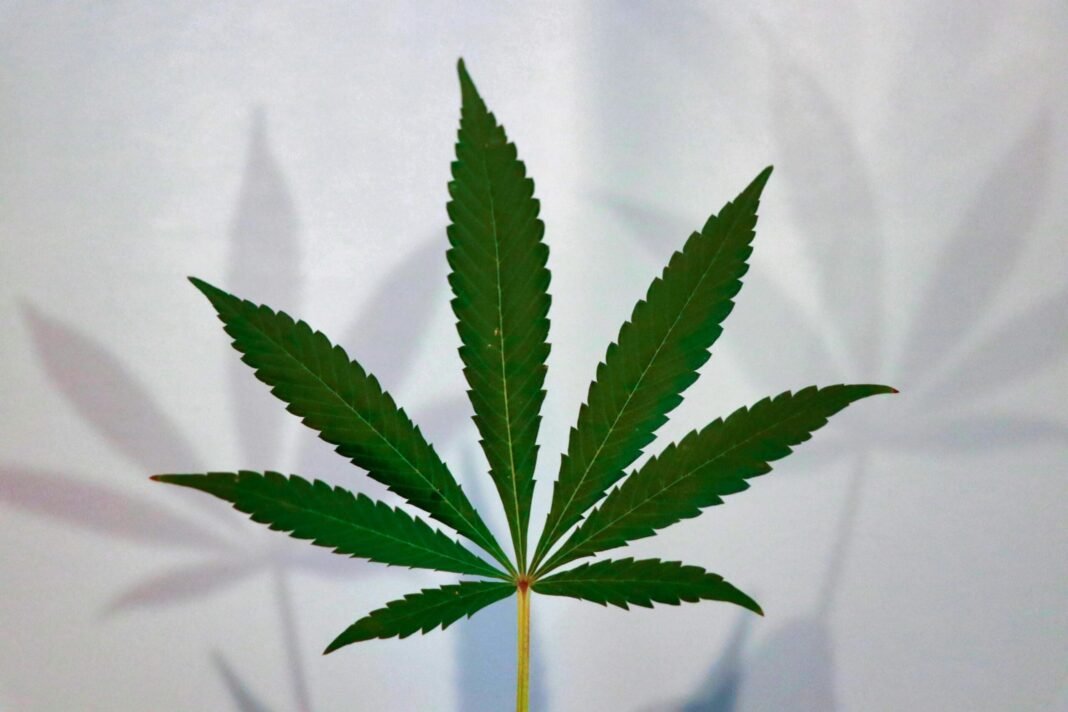“Today is more than the start of an application process—it is the continuation of a system that places safety, equity, and transparency at the center of Rhode Island’s cannabis market.”
Christopher Shea is the Rhode Island Currant
Rhode Island Cannabis Regulators have not yet announced the date they will begin to accept applications to receive 24 new licenses for retail sales, but have opened up initial screening for applicants seeking one of the six social-equity licenses.
The state’s Cannabis Control Commission on Friday launched its online certification portal for prospective business owners to certify that they are qualified for one of the specialty licenses meant for those who were adversely impacted by the War on Drugs, including residents in five municipalities identified as social equity zones.
“Today is more than the start of an application process—it is the continuation of a system that places safety, equity, and transparency at the center of Rhode Island’s cannabis market,” Commission Chairperson Kimberly Ahern said in a statement. “We’re committed to ensuring this industry is not only growing responsibly, but that it also provides meaningful opportunity to those people and communities disproportionately impacted in the past by prohibition.”
In an official announcement, the certification process, administered by Creative Services, Inc., of Massachusetts, will be open until Sept. 29.
Prospective applicants will first have to fill an online form on the commission’s website, before receiving a link from Creative Services to the online certification portal—such forms are available through September 24.
Documentation proving the applicant’s status is required.
The commission approved regulations earlier this year that require applicants to have at least 51% ownership or control of the business by people directly affected by previous cannabis laws, or by economic disparities. Or a minimum 10 employees who meet these criteria.
Qualifying factors include convictions for nonviolent cannabis offenses or residency in disproportionately impacted areas—which can be determined by federal poverty level, unemployment rate, the number of students in a free school lunch program and historic arrest rates by census tract.
A preliminary analysis presented to the commission last October found that three of the state’s 39 municipalities met the criteria for a social equity zone set in Rhode Island’s 2022 law: Central Falls, Providence and Woonsocket. Some census tracts from Pawtucket, Newport and other cities also met these criteria.
The documents that you can submit to show your eligibility are articles of incorporation or proof of residency, and pay registers.
The 2022 Act that will legalize recreational cannabis allows the Commission to offer new retail licenses. Six of these are reserved for applicants who meet the social equity criteria, and the other six for workers’ cooperatives.
The licenses are to be distributed over six geographical zones with no more than four shops per zone.
The regulations enacted by the government in May require a hybrid process of selection in which candidates are first screened on their qualifications, before they’re placed into a lottery.
All potential retailers will pay an annual licensing fee of $30,000 and an application fee $7,500. But the application fee will be waived for the first year for approved social equity applicants.
To keep things fair, regulators plan to randomly select which applicants will get a license.
After receiving Social Equity Status Certification for Applicant, applicants cannot alter their corporate structure unless they receive a variance by the Cannabis Control Commission.
The original publication of this story is Rhode Island Currant.




